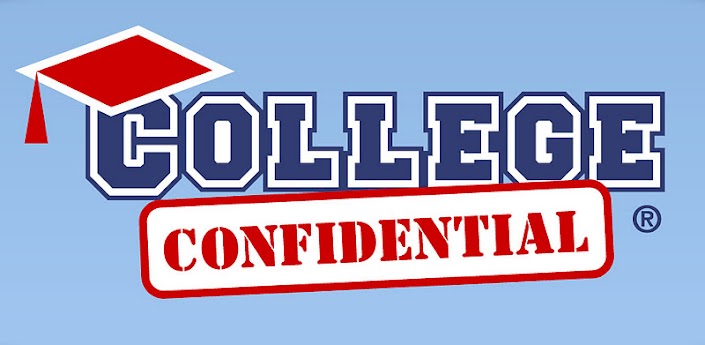College Confidential Distorts College Process
The college admissions website breeds insecurity and spreads false information.
College Confidential is an island on the web, complete with its own language (parents refer to their children simply as “S” and “D”) and laws. While users absorbed in its “culture” may not know another world of college admissions knowledge beyond its shores, they are incredibly susceptible to insecurities and misinformation, as only a past “College Confidential-ite” can look back and see (although I never posted. I swear. Cross my SAT test prep books and hope to get rejected). In short, if you’re stuck on the College Confidential island, take this as a sign: it’s time to take the next ship off the island to look elsewhere for college advice.
College Confidential, collegeconfidential.com, breeds both false hopes and false anxieties. Hundreds of pages of “stats” (GPA, test scores, extracurricular, ethnicity, essay ratings) of past applicants and their admission decisions, organized by college, constantly contradict each other and lie. No one is going to post a bad image of herself on the internet, especially when she is rejected. Many posters are bitter, making it look like they did everything they possibly could to get into their dream schools and then were shockingly, heartlessly rejected. This breeds fear in potential applicants that see perfect ACT scores and GPAs rejected from safety schools. However, from someone who entered the college process as a pessimist expecting rejections and application misery largely because of these negative posts, only a fraction of the story is there.
There are no fact-checkers, names, disciplinary records or official transcripts to back up the bitter post-rejection posts, so although some may be truthful, they’re not reliable enough to trust as students consider whether or not they can get into selective schools.
In addition, those students that are accepted post glowingly about their acceptances, often painting their stats as mediocre or not posting stats at all. As a result, they play down why and how they were accepted, and the process seems unfair as those that are rejected seem over-qualified.
Admittedly, this isn’t always the case. Sometimes an objective, truthful, helpful post comes along. But it’s impossible to know which truly are helpful, and far more posts produce insecurities than relief.
Lastly, College Confidential tends to attract an elitist (at worst cutthroat and narcissistic) group of users. It makes it seem like everyone applies only to the Ivy League, attends expensive summer camps, writes Nobel Prize-worthy essays and worships college rankings lists. Looking back as someone who felt inadequate applying to my dream school next to all of these anonymous application superstars, I should have trusted our college counselors, my parents and my supportive friends that I was truly qualified. Instead of letting them get to me, I should have trusted my own hard work and abilities.
While these user forums should be avoided, College Confidential does offer a college match service and scholarship search that are valuable tools (although Naviance and the college counselors have similar services at their fingertips).
Students who want to understand where they stand in the college process should consult the college counseling office, Naviance, admissions representatives from specific schools and books such as “Colleges That Change Lives” by Loren Pope for insightful advice with their best interests in mind. College Confidential is its own world, one that should be avoided to preserve one’s confidence and objectivity.



